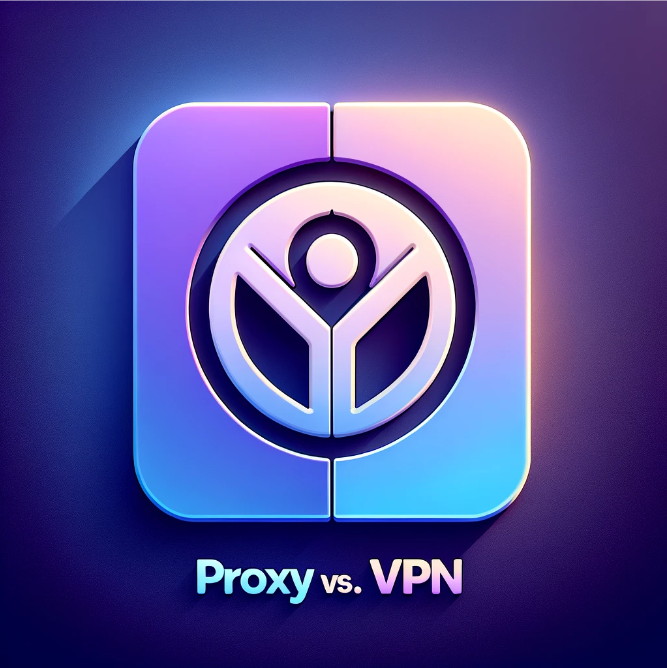In the evolving landscape of internet security and privacy, understanding the difference between a proxy server and a Virtual Private Network (VPN) is crucial for anyone looking to protect their online activities. While both tools serve to enhance your online privacy, they operate in fundamentally different ways and offer varying levels of security. This article dives deep into the functionalities of both, helping you make an informed decision on which is best suited for your online needs.

At their core, proxies and VPNs are tools designed to enhance your online anonymity. A proxy server acts as an intermediary between your device and the internet. It masks your IP address, making it seem as if your online requests originate from a different location. However, it’s important to note that proxies only work on an application level, affecting specific apps or internet browsers.
Conversely, a VPN extends this functionality by encrypting all your internet traffic and routing it through a remote server. This process not only hides your IP address but also ensures that your entire online activity is shielded from prying eyes, making it significantly more secure than a proxy.
| Feature | Proxy | VPN |
| Level of Security | Basic IP masking | Comprehensive encryption |
| Application Level | Specific apps/browsers | Entire device |
| Privacy Protection | Limited | Extensive |
| Speed | Can be faster due to no encryption | May be slower due to encryption processes |
| Ease of Use | Generally simple | User-friendly but requires installation |
| Cost | Many free options available | Quality services are usually paid |
Proxies are particularly useful for bypassing geo-restrictions and accessing content limited to specific regions. They’re lightweight and can offer faster access for tasks like streaming foreign media. However, their lack of encryption makes them less suitable for sensitive activities. Additionally, proxies can be vulnerable to security exploits, potentially exposing your data.
VPNs, on the other hand, provide a robust solution for anyone serious about their online privacy. Features like kill switches, multi-hop connections, and split tunneling further enhance security, making VPNs a comprehensive tool for protecting your digital footprint. While VPNs may introduce a slight decrease in speed due to encryption, the trade-off for superior security and privacy is often worth it.
Deciding between a proxy and a VPN depends on your specific needs:
In 2024, as digital privacy concerns continue to grow, understanding the tools at your disposal is key to safeguarding your online presence. Whether you choose a proxy for its simplicity and speed or a VPN for its unrivaled security and privacy features, staying informed is your best defense against the ever-evolving threats of the digital world. Always prioritize services that are transparent about their logging policies and offer the security features that match your needs.

Alexei Krylov Nikiforov
Sales manager